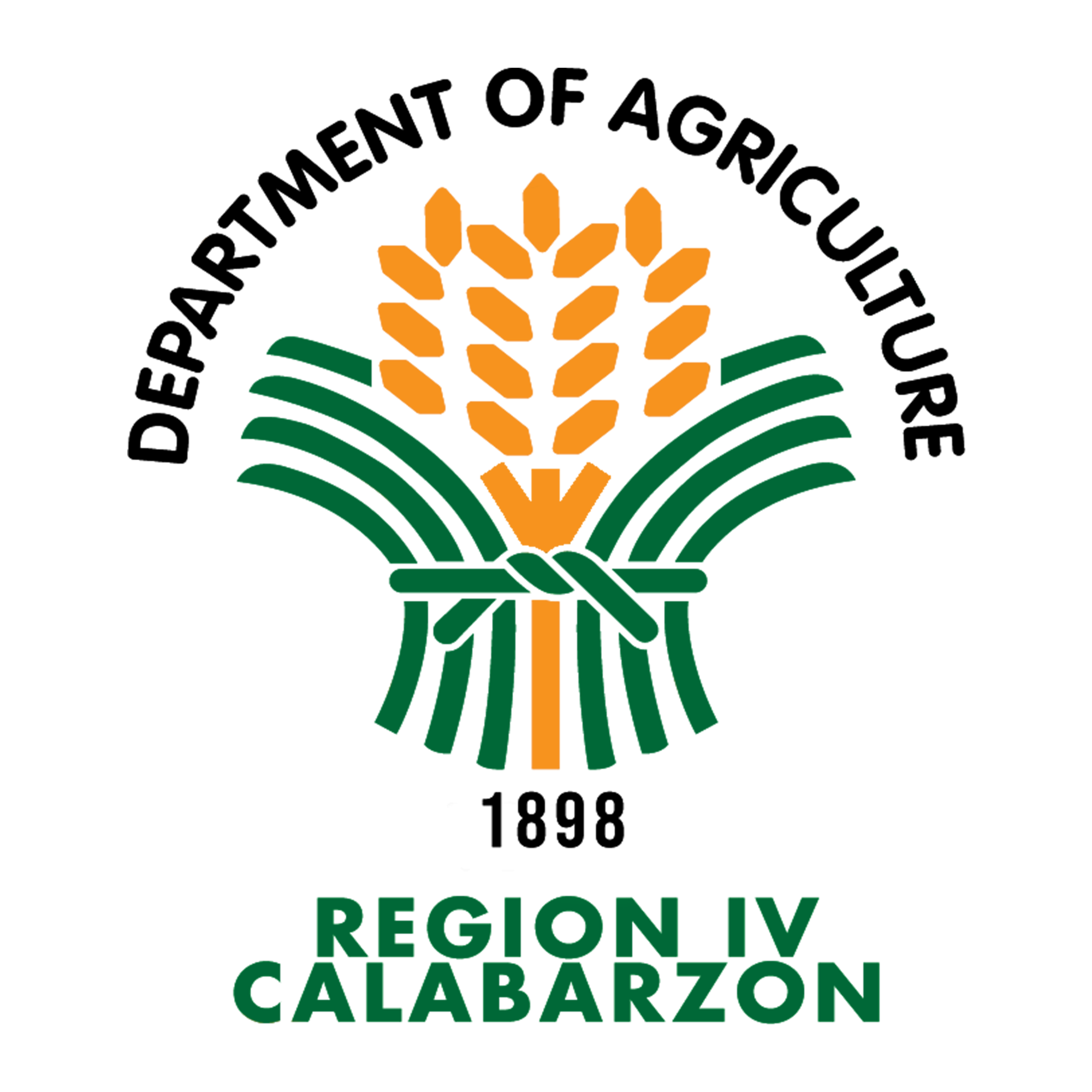Some 29 indigents of Sitio Sto. Toribio, Brgy. Maraouy, Lipa City successfully graduated from “Sustainable Community-Based Agricultural Livelihood Projects for Women’s Groups” of the Department of Agriculture (DA) Region IV-CALABARZON through Corn Program and in partnership with the University of Batangas Lipa Campus (UBLC). The ceremony was held at DA-Lipa Agricultural Research and Experiment Station Training Room in Batangas on July 19, 2019.
DA CALABARZON key officials, UBLC professionals, regional agricultural and fishery council chairman, provincial agriculturist, city agriculturist of Lipa, and barangay councilors of Maraouy graced the occasion.
They all commended the graduates for their hard work and dedication to participate in and complete 15 training programs/activities from December 2018 to June 2019. These include making cassava grates, cake, pulvoron, chips, and pichi-pichi; preparing corn grits, creating handicrafts from corn husks, and corn briquetting; mushroom production and product preparation; processing pickled vegetables; and beekeeping.
By learning and adopting the said improved agricultural interventions and technologies as well as having a positive attitude, members of Maraouy Women’s Association, Inc. could become actors of change [rather than merely project beneficiaries] that brings about development in their community. And this exactly is the importance of the project.
The Department, through this project, aims to contribute to the improvement of the lives of the people particularly the vulnerable in poor rural areas by maximizing their skills in the methods of food processing, giving them possible job opportunities, and augmenting their income.
Regional Director Arnel V. de Mesa, therefore, guaranteed that “We are working hand-in-hand in strengthening provisions of technical assistance and capacity building programs in guiding you [graduates] pursue your agricultural endeavors and become self-sufficient.”
Other guest speakers encouraged them to never stop learning and share the knowledge they gained in their neighborhood.
The association received P141,600-worth of interventions from the DA, consisting of a chest freezer, set of cooking utensils, and vacuum pack sealer.
These women are mostly housewives whose daily routine before was playing bingo, gossiping, and sending their children to school then fetching them home from school. But through this livelihood project, they already put up their own business, yet small, they are able to earn for their families. ● ARC, DA-RAFIS






 All content is in the public domain unless otherwise stated.
All content is in the public domain unless otherwise stated.